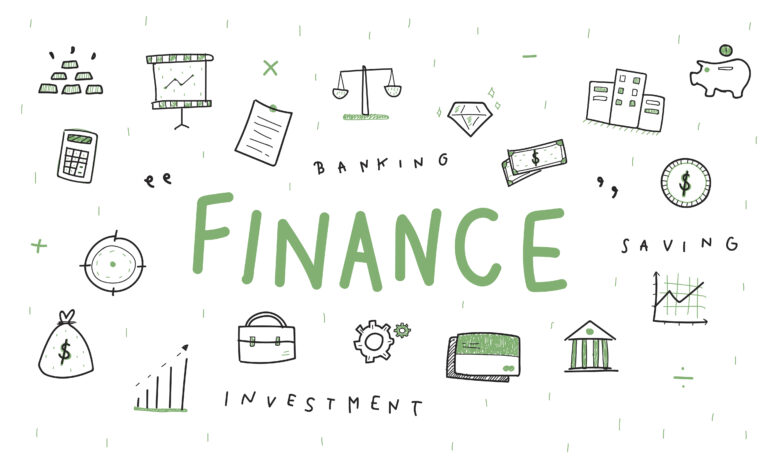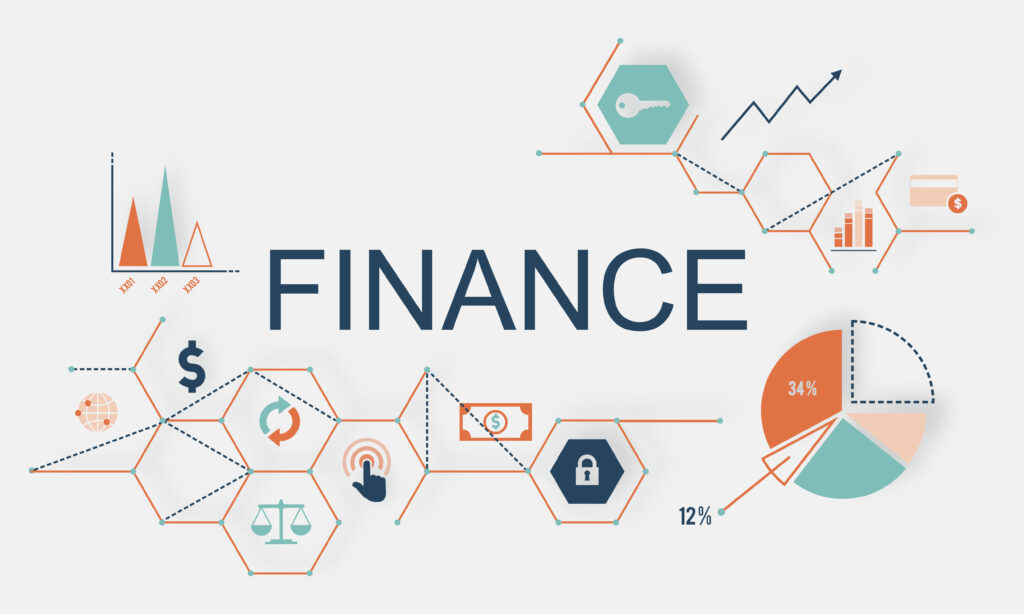Open Finance Is the Next Big Thing In Fintech

Fintech organizations have managed to digitize financial services which have led to the improvement of user access and experience for the past few years. These firms are competing with traditional banks in terms of convenience and accessibility of financial services. As per the estimated forecast, the global fintech industry which was worth $127.66 billion in 2018 – is projected to reach $309.98 billion by 2022.
Venture capital investments in Fintech reduced from $168 billion to $105 billion in 2020 during the pandemic, but the last quarter of 2020 has been worthwhile with an investment of $71.9 billion. Growth and competition have forced traditional banks to offer superior products, infrastructure, and to make use of integrative protocols that allow them to share financial information with fintech firms. This will help them collaborate and develop new products and services, which in turn results in new financial services known as open finance.
Opportunities In Open Finance
Transparency and convenience in investment, credit, lending, mortgage, and savings have resulted in creating opportunities for firms as well as people. Open finance also helps 3rd party lenders gain insights into a consumer’s financial situation which will enable them to assess their creditworthiness. With the help of machine learning algorithms, lenders can offer customized products on credit, which suit their needs. Fintech organizations can also provide tools like personal finance management to their customers, which will help them analyze their financial position. This in fact creates value for customers who were unaware of their financial position previously.
Popularity Of Decentralized Finance (DeFi)
While open finance has many opportunities, it has many challenges that need to be dealt with to achieve an interconnected financial ecosystem. A few of its challenges include compliance, data security, and integration with legacy infrastructures. These challenges exist because banks and financial institutions use legacy infrastructures, whereas fintech firms are way ahead on the technology curve. Open finance is taking place in blockchain and decentralized finance (DeFi) space because it uses advanced technology, is borderless and open, and because of a lack of collaboration between banks and fintech firms due to legacy infrastructure.

“Decentralized financial (DeFi) technologies will be adopted by the enterprise, and large cryptocurrency holdings will catalyze innovation in 2021, as bitcoin is used to collateralize new or experimental decentralized finance (DeFi) instruments” as stated by future today institute’s 2021 tech trend report.
Fintech firms are experimenting in the blockchain space to implement Open Finance with decentralized technologies. While traditional banks are using private blockchain solutions, they can’t use public blockchains due to data security.
Is DeFi the Future of Open Finance?
Today, the DeFi industry is worth $73 billion. DeFi protocols provide solutions like decentralized exchanges, payments, derivatives, and lending. Open finance will create a sense of inclusion and also help fintech firms and traditional banks to provide data-driven financial products. To tap into market segments like remittances and payments, open finance can leverage DeFi and blockchains, which create efficiency and reduce costs.
While the fintech systems are busy reshaping digital services, the traditional banks will slowly start adapting and acquiring fintech companies to keep up the pace.





